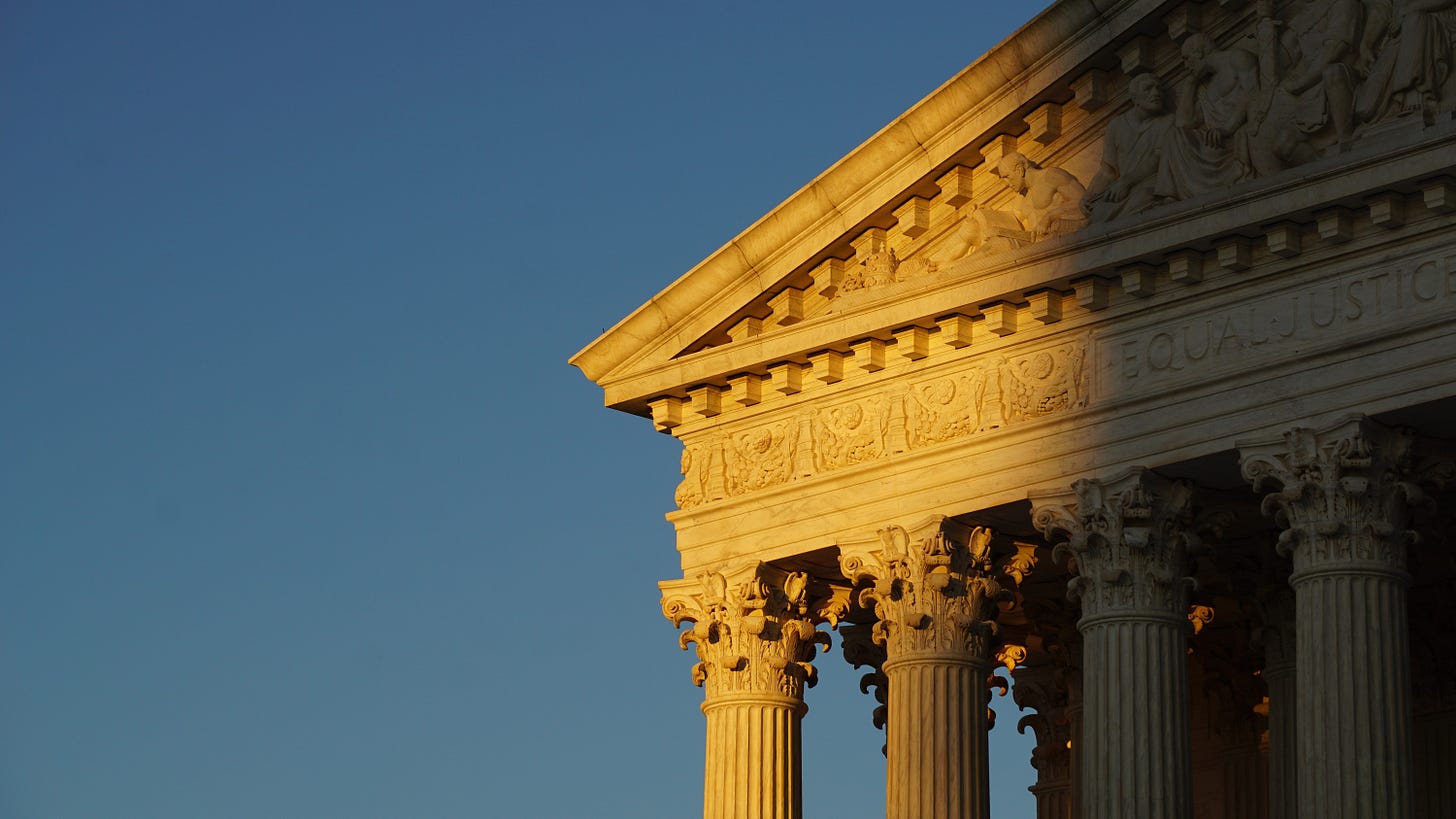Three cases to watch as the Supreme Court enters its final month of this term
Best-known dispute involves website designer opposed to same-sex marriage

Three cases expected to be decided by the U.S. Supreme Court in the next few weeks could affect how religious conflicts play out in business or personal relationships.
One of the the most widely watched cases this court term is 303 Creative LLC v.…


